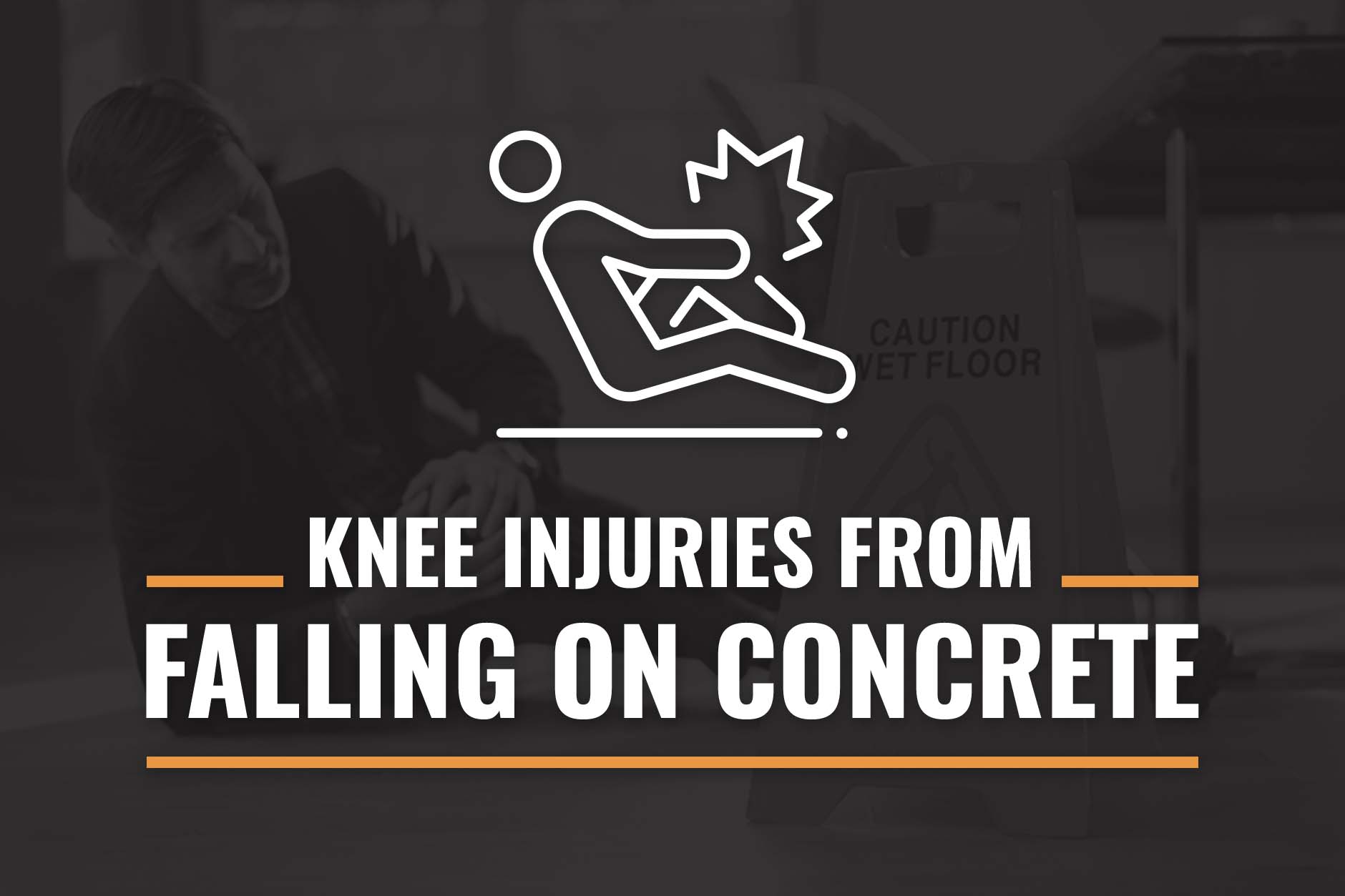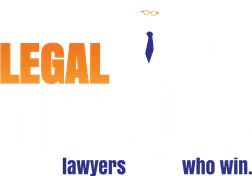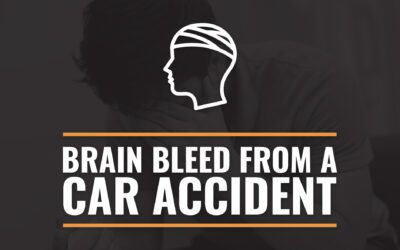
Table of Contents
Falling on concrete is not only painful- it can also cause serious knee injuries that affect your ability to work and perform daily activities. Unfortunately, every year thousands of people need emergency treatment after sustaining knee injuries at work. After such a fall, you may experience severe pain, face weeks or even months of recovery, and require extensive medical treatment to regain your full mobility.
Whether your fall occurred at work or in any other setting, understanding your legal rights is the first step towards securing the support you need for recovery. At LegalGenius, PLLC, we will listen to you, explain your rights and legal options, and pursue maximum compensation for your medical expenses, lost wages, and other related costs.
What Causes Knee Injuries on Concrete?
While common in many workplaces and public areas, concrete surfaces pose a significant risk for knee injuries. The hard and unyielding nature of concrete can amplify the impact of any fall and result in more severe injuries compared to falls on softer surfaces.
Knee injuries on concrete typically occur through various accidents, with slips, trips, and falls being the most common. Slips can happen when there is a lack of traction between the shoe and the surface (often caused by wet or oily concrete) while trips often occur when uneven surfaces or obstacles lead to sudden and awkward falls directly impacting the knee. When owner or manager negligence leads to injury, you can file a claim for compensation with a slip and fall lawyer.
Types of Knee Injuries from Concrete Falls
The hardness of concrete means even a simple fall can result in significant damage to the knee structures such as bones, ligaments, tendons, and cartilage. Here’s a closer look at some of the common knee injuries resulting from falls on concrete.
Fractures
The patella, or kneecap, is the most likely part of the knee to fracture during a fall. The primary function of the patella is to protect the knee joint, which means that it often absorbs the brunt of the impact when hitting concrete.
Symptoms of a patellar fracture include severe pain, bruising, and difficulty walking or straightening the leg. Treatment varies from immobilization with a cast to potential surgery, depending on the severity of the fracture. Long-term effects can include arthritis, chronic pain, and muscle weakness.
Torn Tendons
The tendons in the knee, such as the quadriceps and patellar tendons, connect muscles to the bones and are at risk of tearing during a hard fall. A tear is often accompanied by a popping sensation, followed by acute pain, swelling, and an inability to straighten the knee. Repairing a torn tendon typically requires surgery followed by physical therapy to regain strength and mobility.
Ligament Injuries
The knee has four crucial ligaments – the anterior cruciate ligament (ACL), posterior cruciate ligament (PCL), lateral cruciate ligament (LCL), and medial cruciate ligament (MCL) – which may sprain or tear during falls. These injuries can cause a popping feeling, immediate pain, swelling, and a sensation of instability in the knee. Treatment can range from wearing a brace and physical therapy to surgical reconstruction, depending on the tear’s severity.
Cartilage Injuries
The meniscus, a piece of cartilage providing cushioning within the knee, can tear if the knee twists suddenly during a fall. While you might be able to walk initially, worsening pain and swelling typically occur over time. Treatment options, which may include physical therapy or surgery, can vary based on the tear’s extent and the patient’s level of activity.
First Steps After a Knee Injury on Concrete
Whether the knee injury occurs at work or elsewhere, your immediate response can impact the outcome of your recovery and any financial compensation you might seek. Once you’re sure you’ve sustained an injury, take the following steps:
- Seek Medical Attention: Your first priority should be to seek medical help. Even if the injury seems minor, underlying damage such as hairline fractures or soft tissue injuries might not be immediately apparent without a medical examination. Prompt medical treatment not only supports a better recovery but also provides a professional assessment of the injury, which is important if you pursue a legal claim.
- Document the Incident: Document all details of the incident. This includes the exact location, time, and circumstances of the fall. Take photos of the area where the fall occurred, especially any conditions that contributed to the accident, such as uneven concrete or the presence of liquids or obstacles.
- Injuries at Work: If the injury happens while you are at work, report the incident to your employer immediately. Most businesses have specific procedures for workplace injuries, which typically include filling out an accident report form. Make sure to follow these protocols closely to ensure that all details are officially logged.
- Injuries in Other Locations: For injuries that occur in public spaces or at another non-work location, report the incident to the property owner or manager. Notifying the relevant authority can help document the conditions that led to the injury.
Medical records serve as official documentation of your injuries and the treatment you received, thereby outlining the severity and implications of the injury. Incident reports support claims that the environment or specific conditions caused the accident, which is essential for liability claims in personal injury cases. Together, they form the foundation of evidence needed to pursue a successful legal claim for compensation.
Your Legal Rights and Compensation Explained
If you suffer a knee injury due to a fall on concrete, you have the right to seek compensation, especially if the fall was caused by unsafe conditions or negligence. This applies to various settings, including workplaces, public spaces, and private properties. Below is an overview of the damages or benefits you may be entitled to.
Personal Injury Claims
If your knee injury occurred in a non-work setting and was due to someone else’s negligence, you could file a personal injury claim. This claim can cover:
- Costs for immediate and ongoing medical treatment.
- Compensation for any lost earnings due to time away from work.
- Compensation for physical pain and emotional distress.
- Compensation for the inability to engage in hobbies or activities you enjoyed before the injury.
Michigan Workers’ Compensation Claims
If the injury occurred at work, Michigan’s workers’ compensation system provides a different set of compensations that a workers’ comp lawyer can help you recover:
- Medical Benefits: All necessary medical treatment related to the knee injury will be covered.
- Wage Loss Benefits: A portion of your wages may be reimbursed if you are unable to work due to your injury.
- Specific Loss Benefits: If the injury results in permanent impairment, additional compensation may be available.
- Vocational Rehabilitation: If you need help returning to work or finding new employment due to your injury, vocational rehabilitation services may be provided.
It’s important to act promptly after an injury to protect these rights. Filing deadlines, known as statutes of limitations, can limit the time within which you may initiate a claim. For personal injury cases, you generally have three years from the date you were injured. For on-the-job accidents, you should notify your employer within 90 days, although you have up to two years to file a workers’ compensation claim.
Proving Negligence in Knee Injury Cases
For a personal injury claim to succeed, you need to prove that the property owner or manager was negligent and that negligence caused you to fall on concrete and injure your knee(s). This includes establishing the following:
- Duty of Care: It must be established that the defendant owed a duty of care to the injured party. For instance, property owners have a duty to keep their premises safe for visitors.
- Breach of Duty: You must prove that this party breached their duty of care. This means showing that they failed to take reasonable steps to prevent harm, such as not addressing known hazards that led to the fall.
- Causation: There must be a clear link between the breach of duty and the injury sustained. It needs to be demonstrated that the injury would not have occurred if not for the defendant’s negligence.
- Damages: Finally, it must be proven that the injury resulted in quantifiable damages. This can include medical expenses, lost wages, pain and suffering, and other losses directly related to the injury.
Can You Sue Your Michigan Employer for Your Knee Injuries?
In Michigan, if you sustain a knee injury at work, the primary legal recourse is typically through the workers’ compensation system, rather than suing your employer directly. Workers’ compensation is designed to cover medical expenses, a portion of your lost wages, and rehabilitation costs related to the injury, regardless of who was at fault. There are, however, some exceptions where you might be able to file a personal injury claim:
- Intentional Acts: If an employer intentionally causes harm, you may have the right to sue for damages beyond those provided by workers’ compensation.
- Third-Party Claims: If your knee injury was caused by the actions of someone other than your employer or a coworker (for example, a contractor or faulty equipment from another company), you might have a claim against that third party.
If you believe there are circumstances that warrant further legal action beyond workers’ compensation, speak to a Michigan personal injury lawyer who can provide you with appropriate advice.
Get a Free Consultation From a Michigan Knee Injury Lawyer
If you’ve sustained serious knee injuries from falling on concrete, it’s critical to understand your rights. At LegalGenius, PLLC, we can review your case, determine liability, and help you pursue a personal injury or workers’ compensation claim to secure the support and compensation necessary for a full recovery. We have been protecting the rights of injury victims across Michigan for years and look forward to getting the best results for you. For more information or to schedule your free consultation, fill out our Ask the Genius™ form or call (800) 209-4000 today.

Attorney Jeffrey Perlman
Attorney Jeffrey Perlamn is the managing partner at LegalGenius, PLLC. He has helped Metro Detroit accident victims recover the compensation they deserve for over 35 years. He believes everyone should have access to justice and the legal system, which is why Attorney Perlman spends his time outside of the courtroom writing informational blogs on the LegalGenius website that are accessible to all.


